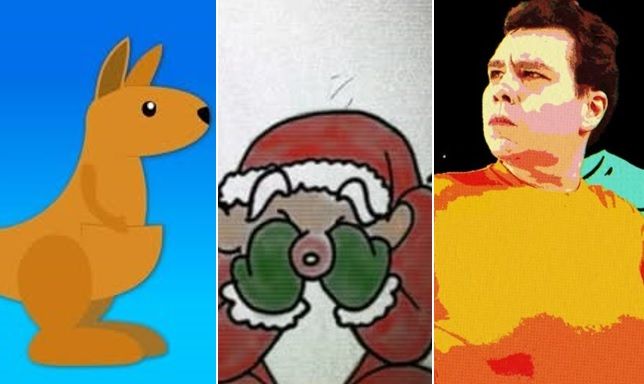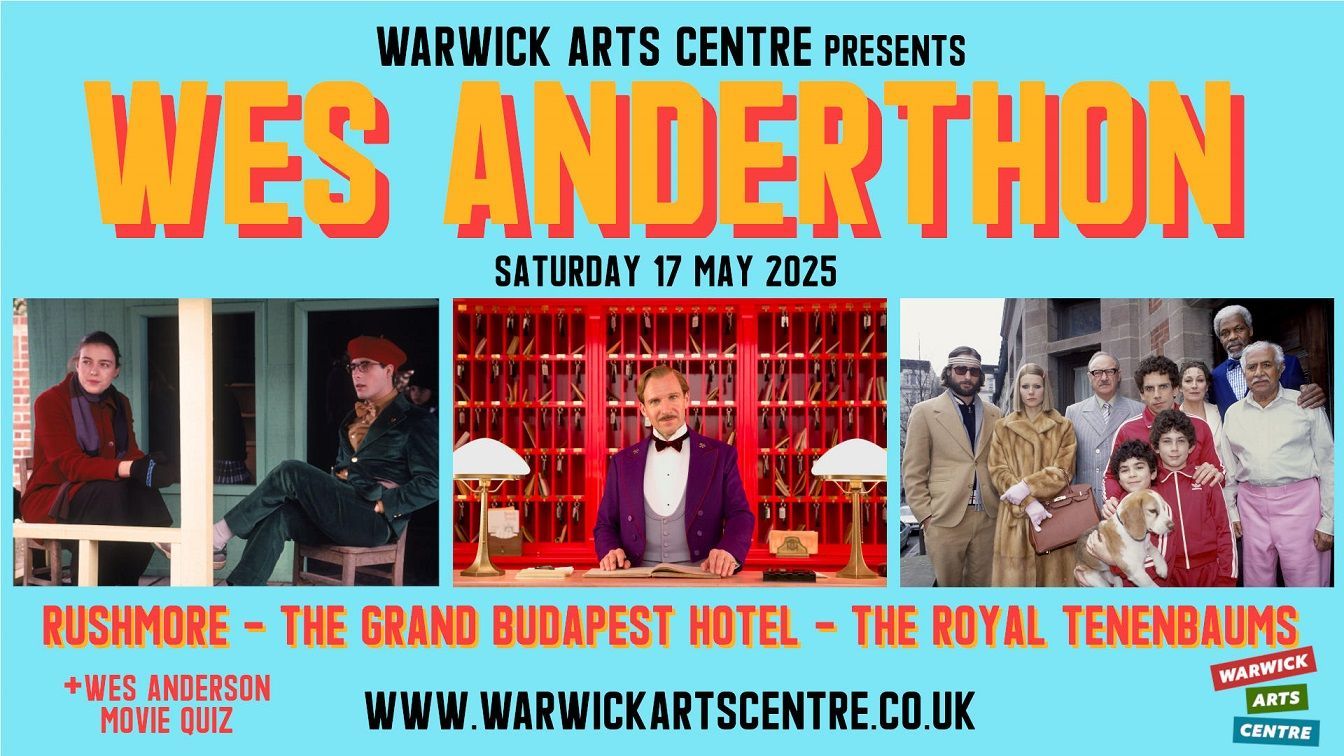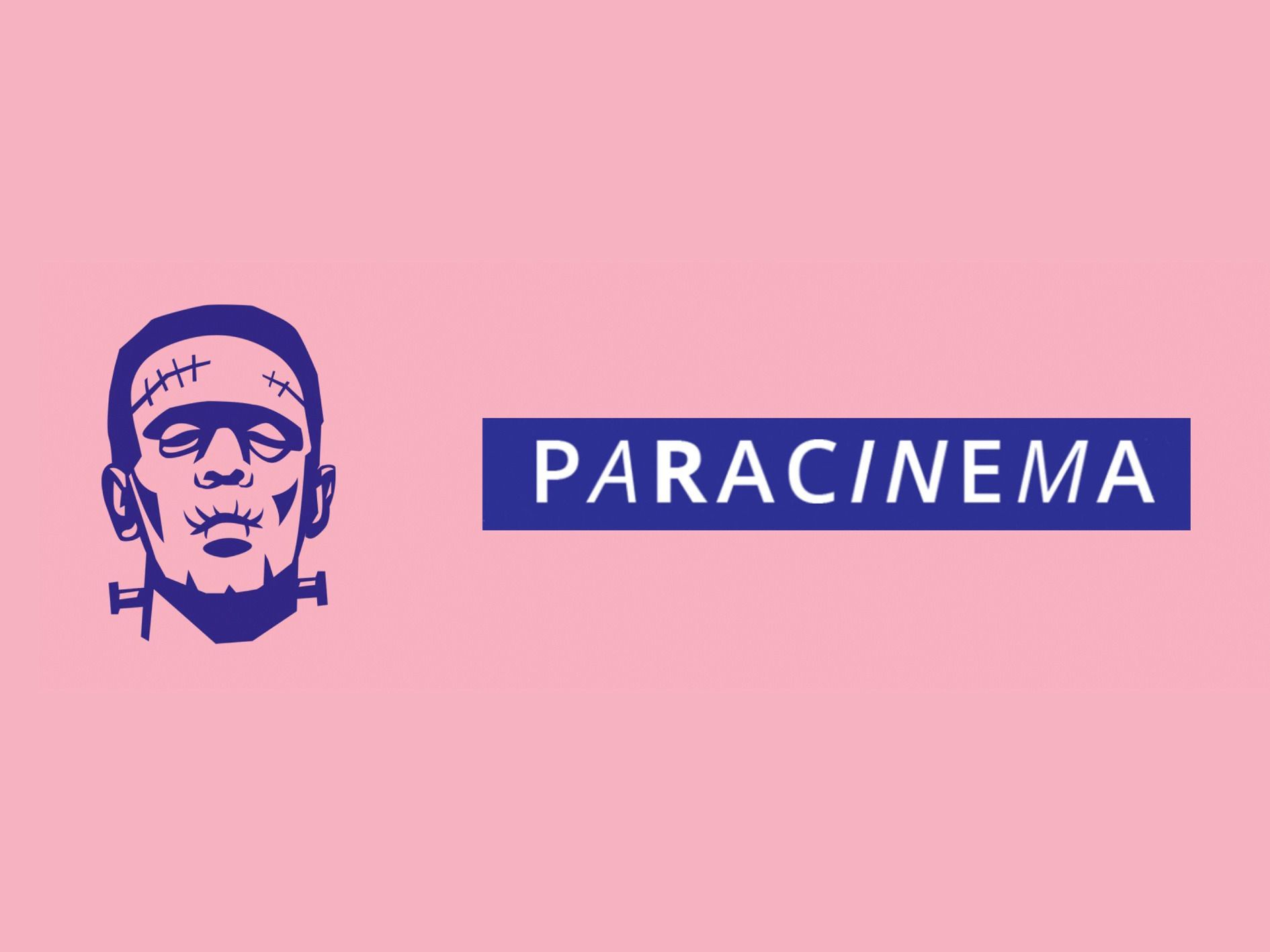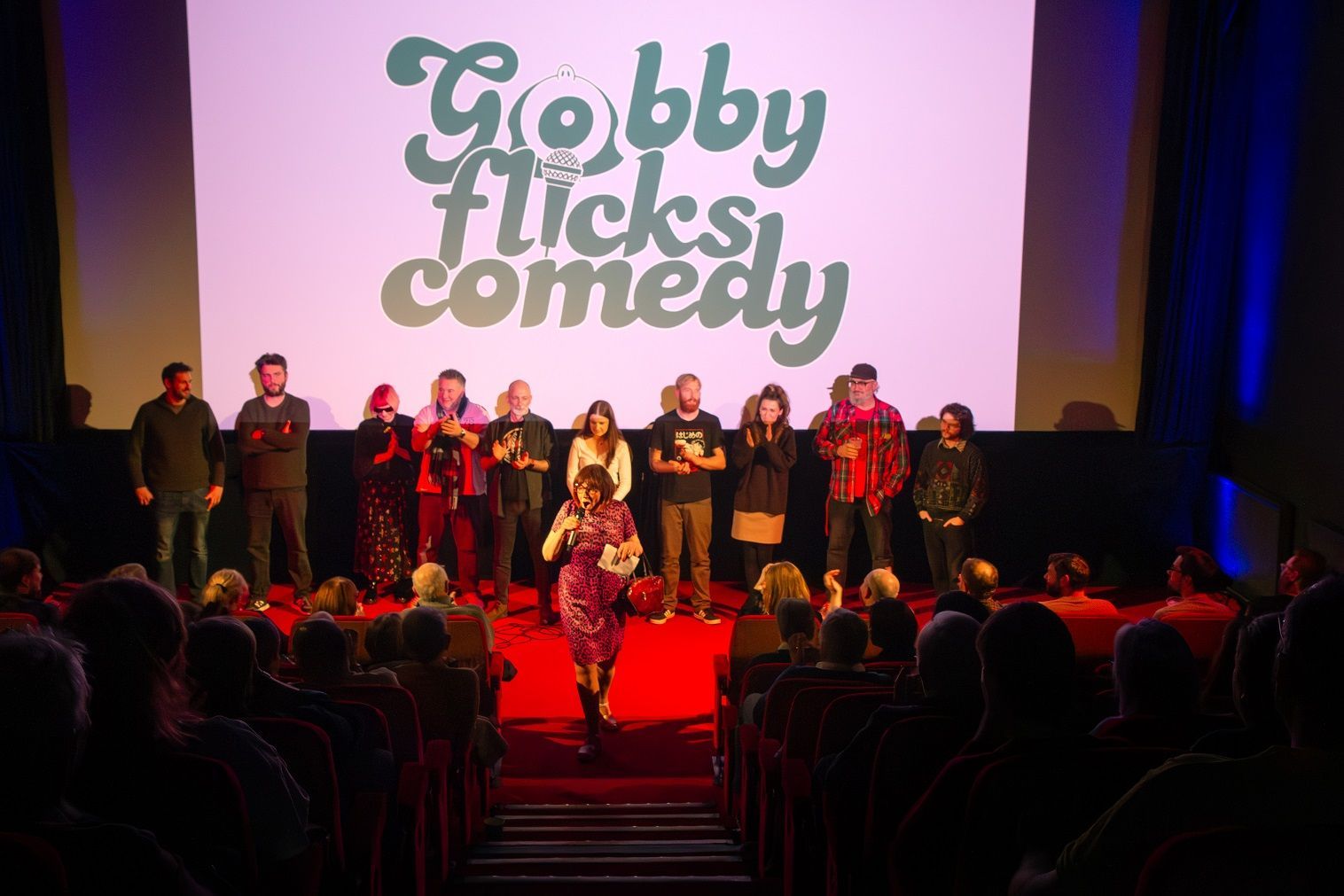Review of The Trial of the Chicago 7
midlandsmovies • November 25, 2020
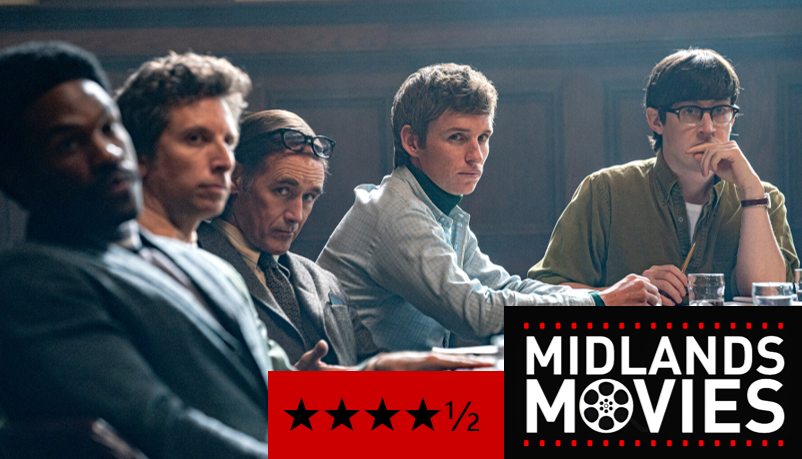
The Trial of the Chicago 7 (2020) Dir. Aaron Sorkin
After his excellent directing debut Molly’s Game, famed-scriptwriter Aaron Sorkin returns for his second film as director, which is again based on a true-life story in the USA. It’s 1968 and a group of Vietnam War protesters are charged with inciting riots in Chicago before going on trial for their involvement (or not) in the incidents leading up to the violence with the authorities.
We are introduced to them separately but soon they are brought together at trial and Sorkin’s script pulls and pushes us through time with flashbacks illuminating the circumstances before their prosecution.
Judge Julius Hoffman (an amazing Frank Langella) barely holds the court together as his prejudices and confusion taint the trial hugely in favour of the state. As the exasperated defendants see their defence fall apart, the eighth defendant (Yahya Abdul-Mateen II as the tragic Bobby Seale) is shockingly tied up - literally at one point - without counsel.
Mark Rylance as the frustrated defence lawyer and Joseph Gordon-Levitt as the federal prosecutor play their roles to perfection, with their punchy dialogue clearly explaining the contrasting complexities of the case.
Sorkin is famed for his masterful word-play as well as his films being often based around legal entanglements (A Few Good Men, The Social Network) and here he doesn’t deviate from his calling card. But what a calling card!
Racism, war, government corruption and a failing legal system ensure the film features timely themes and the focus on police brutality and protesting injustice is tackled head on. But aside from the heady premise and topical parallels the film does so with a lot of entertainment and a host of actors embodying their roles faultlessly.
Sacha Baron Cohen comes off best as Abbie Hoffman, a passionate protestor and stand-up speaker who gets both the film’s funniest and also its most poignant lines. Eddie Redmayne as a student organiser centres the film whilst Alex Sharp, Jeremy Strong and John Carroll Lynch provide hard-hitting support roles. Noah Robbins and Daniel Flaherty round out the seven and a surprise cameo from Michael Keaton is always a welcome treat in any movie.
The case continues as it is revealed undercover officers infiltrated their group whilst this police hostility creates confusion in their ranks. As the trial’s decorum sways wildly throughout, the 7’s case is often close to falling apart as each state witness takes the stand and their (legitimate) objections to court protocols constantly overruled.
More drama than documentary, the slick-speeches and humorous dialogue always remind us we are watching an interpretation of the events but it’s illuminating nonetheless. The solid soundtrack and excellent costume design and make-up/hairstyling are also a period pleasure.
But I hope audiences don’t let the re-ordering of the real timelines contaminate what is a gripping courtroom spectacle where the politics are not an after-thought but entirely central to the film’s success. With terrific performances the unanimous final verdict is The Trial of the Chicago 7 is a well-timed and compelling drama that successfully intertwines protests and politics.
★★★★½
Michael Sales
